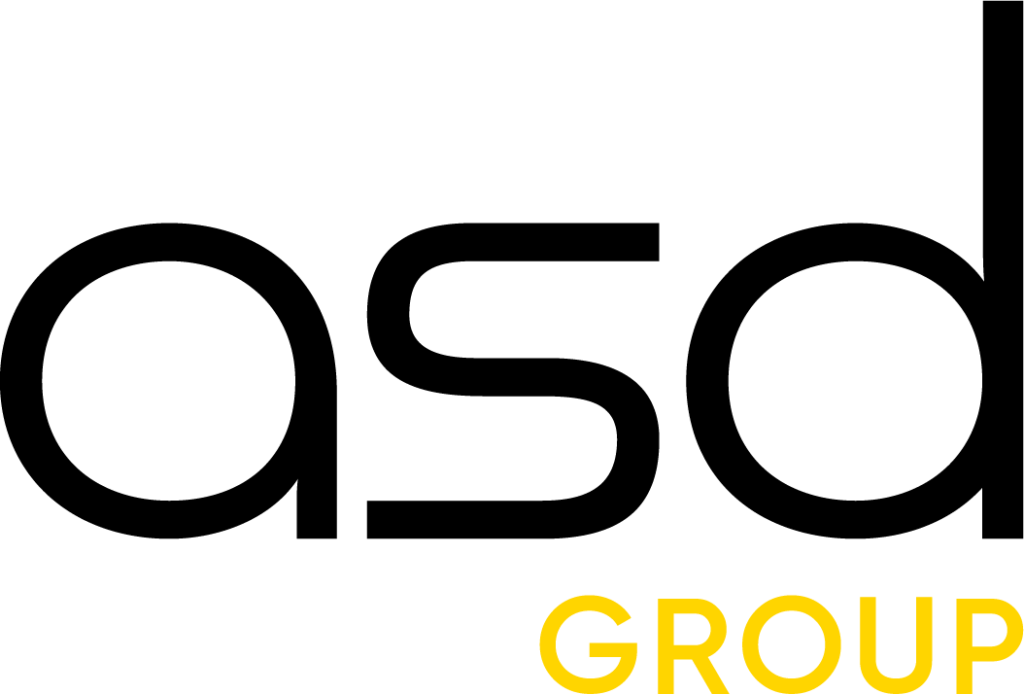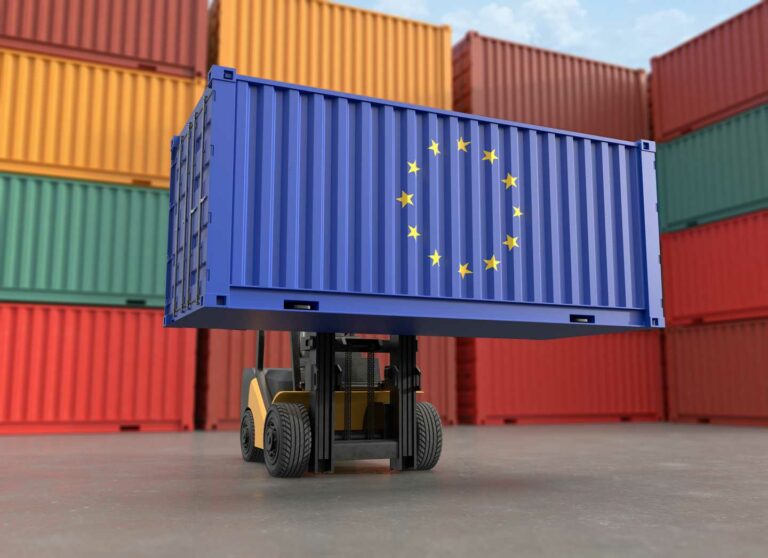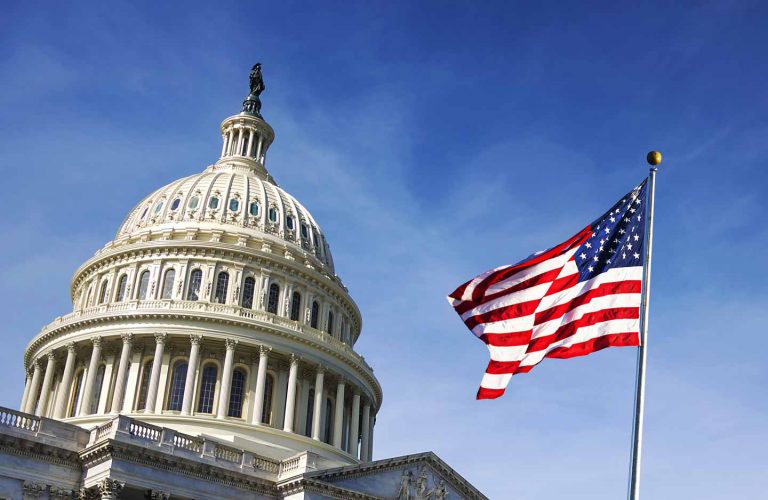As a result of Brexit, the UK is introducing new requirements on imports and exports into the UK on 1 July 2022.
Since its exit from the European Union on 1 January 2021, the United Kingdom has implemented Sanitary and Phytosanitary (SPS) restrictions at its borders to control imports of animals, plants and all products derived from them. These restrictions will be tougher from 1 July 2022. Any movement of goods from the European Union to the United Kingdom must comply with the new administrative processes demanded by the country.
ASD Group, as a Registered Customs Agent (RCA), assists you to complete these processes by performing the necessary administrative processes, and will ensure you comply with the rules imposed by the British Customs.
Introduction of SPS checks at Great Britain’s borders
What is an SPS check?
SPS checks consist of confirming that sanitary and phytosanitary products imported from France meet all the sanitary rules imposed by the United Kingdom.
An SPS check is carried out on a consignment of goods covered by one or more veterinary or phytosanitary certificates:
The check takes place in three phases:
- Documentary check.
This is always done, whatever the good imported. The inspecting authorities will confirm the accuracy of the information sent at pre-notification, as well as the information on the sanitary and phytosanitary certificate and any other document needed to import the goods.
- Identity check.
This is always done for live animals and animal products. The inspecting authorities will confirm that the information given on the sanitary documents matches the goods transported.
- Physical check.
This is always done when live animals are transported. The inspecting authorities will conduct a detailed examination of the goods. This may include taking samples to perform official analyses.
In the event of non-compliance, the goods will be held pending, if possible, putting the consignment in order. If not, the goods will be returned to their country of origin or destroyed where they are.
Read more: ASD Group assists you in importing and exporting equidae to and from the UK
What are the procedures to be performed?
With effect from 1 July 2022, live animals and animal products, as well as so-called “high priority” and “regulated” plants and plant products will require pre-notification to the British inspection authorities. The goods must also be accompanied by a sanitary and phytosanitary certificate.
Thus, prior to the departure of the goods, the shipper must comply with the import procedure and ensure that he has :
- All the documents required by the British sanitary and phytosanitary authorities. These must be presented at the place where SPS checks are performed by the British sanitary and phytosanitary authorities.
- The French Customs export declaration, or any other document relating to the United Kingdom import processes.
Live animals and animal products
With effect from 1 July 2022, any import of animals and foodstuffs of animal origin will require pre-notification. In addition, a sanitary certificate must be prepared.
Physical checks at the border inspection posts for foodstuffs of animal origin will begin with effect from 1 January 2022.
These checks will begin for live animals with effect from 1 March 2022.
“Regulated” plants and plant products
Since 1 January 2021, any import of low-risk “regulated” plants and plant products will require pre-notification. In addition, a phytosanitary certificate must be prepared.
Secondly, the physical checks for “high priority” plants and plant products, which until then were carried out at the destination, will be carried out at the border control posts with effect from 1 March 2022.
Mandatory use of TRACES with effect from 1 July 2022
From now on, in order to import goods into the UK, it will be necessary to anticipate border crossings by making a customs declaration in advance to comply with current customs regulations.
To carry out all the procedures required by the United Kingdom, some tools are made available to European importers so that they can complete the processes and thus comply with the sanitary and phytosanitary checks.
TRACES-NT (Trade Control and Expert System New Technology) is a platform set up by the European Commission to facilitate the administrative procedures when importing and exporting goods.
The platform can also be used to issue pre-notifications and to prepare the sanitary and phytosanitary certificates needed to import SPS goods.
With effect from 1 July 2022, European importers will be required to go through TRACES-NT to obtain their sanitary and phytosanitary certificate. Once the application is approved and completed by SRAL (competent regional authority), the certificates will be sent to the relevant British authorities using TRACES-NT.
More information: ASD Group creates these Common Sanitary Entry Documents (CSED) for import and veterinary certificates for export.
Sanitary and phytosanitary certificates
With effect from 1 July 2022, any goods of animal or plant origin leaving the European Union for the United Kingdom must be accompanied by a (phyto)sanitary certificate.
This certificate will accompany the goods as far as the checks carried out at the British border posts. It certifies that the goods transported meet the sanitary and phytosanitary conditions required by the United Kingdom.
In addition, any application must be submitted at least 48 hours before the goods depart for the United Kingdom, excluding weekends and public holidays.
It will therefore be necessary to complete the electronic CHED (Common Health Entry Documents) form in order to present all the appropriate information needed about the goods transported.
This information falls into four categories, depending on the goods imported:
- CHED-A, for live animals.
- CHED-P, for animal products.
- CHED-D, for animal feed of non-animal origin.
- CHED-PP, for plants and plant products.
Expert in customs procedures, ASD Group supports you and handles your customs processes.
For more information, contact us.




